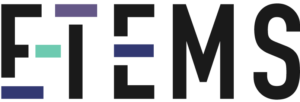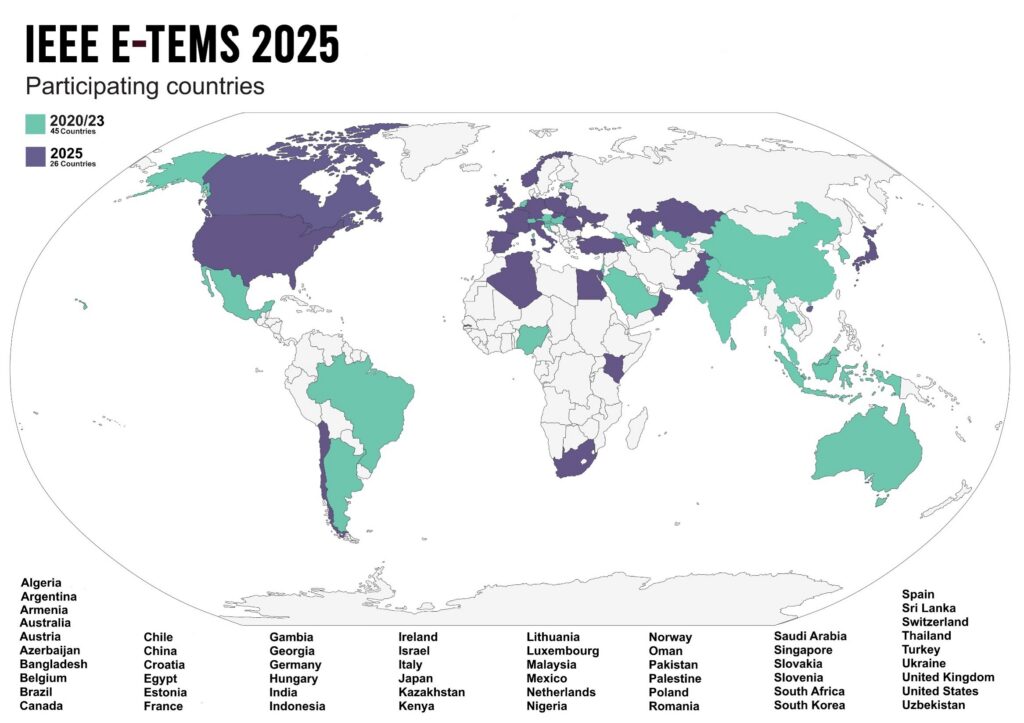IEEE European Technology and Engineering Management Summit (IEEE E-TEMS Conference Series) is addressing the challenge of achieving quality of life in smart cities through the projects and digital ecosystems. We must find ways to share our ideas, questions and proposals on digital transformation of the areas where technologies, sustainable smart cities and resilient society meet.
At the heart of future cities, one must find a reflection of the diverse qualities, interests, challenges and aspirations of its citizens. Continuously improving citizens’ quality of life can come through robust digital transformation and collaboration on projects and programmes.
The IEEE E-TEMS Conference Series has started with the launch of the IEEE E-TEMS 2020 conference that happened one week before the lockdown due to the COVID-19. Despite the uncertainties and unclear situation, the IEEE E-TEMS 2020 was a success and the Conference series of IEEE E-TEMS 2021-2025 was launched.
Throughout the series, the European Partnership on Project & Innovation Management (EuroPIM) brings research, practitioner and industry perspectives to emphasise the social accountability associated with project management, digital transformation and smart cities. Each event tries to deliver a hybrid conference model (with both virtual and in-person events) and include international experts, educational workshops, doctoral symposia, poster sessions and dialogues amongst our EuroPIM partners.
GENERAL TOPICS
Usual topics of the IEEE E-TEMS conference series. The topics are not limited to this list, each of the IEEE E-TEMS conferences had some additional and adjusted topics.
Projects are instruments that must deliver strategic value. What types of projects will they be and how will they be managed in cities where the continuous improvement of quality of life is the goal?
What impact does digitally-driven city transformations have on its citizens? We want to hear about your specific examples of the digital-citizen interface.
How will the future city reflect our different ethnicities, religions and cultural interests?
Women and men do not experience living, working and playing in a city the same way. Isn’t this reasonable? Why isn’t it discussed more? Please take this opportunity to share your research, projects and insights.
Moving from here to there…what does that look like in a smart city for people, information and city services? How do eMobility and Automated Driving change our mobility? Will we share transportation more often with others? How will mobility patterns change?
Viewing complexity with the concept of an ecosystem gives us a holistic perspective. Not only for nature and environment, but also for social ecosystems or economy. Digital solutions are not isolated in the future. To be sustainable, we need to think in terms of digital ecosystems.
Sustainability is more than protecting nature. It is working with the end in mind. How can we steer such an enormous trend like urbanization into the right direction? Which tools and perspectives do we need? And how do we incorporate sustainability into the management of our smart city projects?
Systems engineering merges the perspectives of technologies, processes and people. Smart cities are an example for complex socio-technical systems. So how will we engineer complex systems in future? How will we manage the complexity? What does this mean for our projects?
Individual freedom is requiring privacy. In the digital world, privacy needs to be established, too. A smart city is vulnerable in this respect. How will we guarantee the privacy and freedom of the individual in the digital age? How will we keep ownership of our digital twins?
We need to learn a lot. How can we implement live long learning for all citizens? How do we deal with learning and education in the digital age in our universities? What do we need to learn and how should we learn it.



